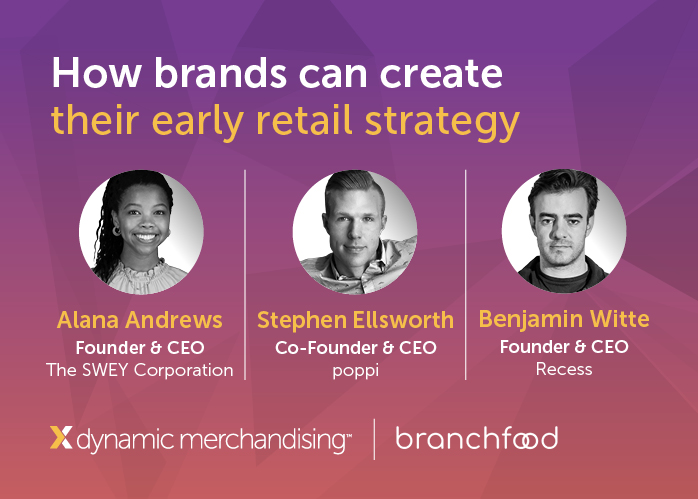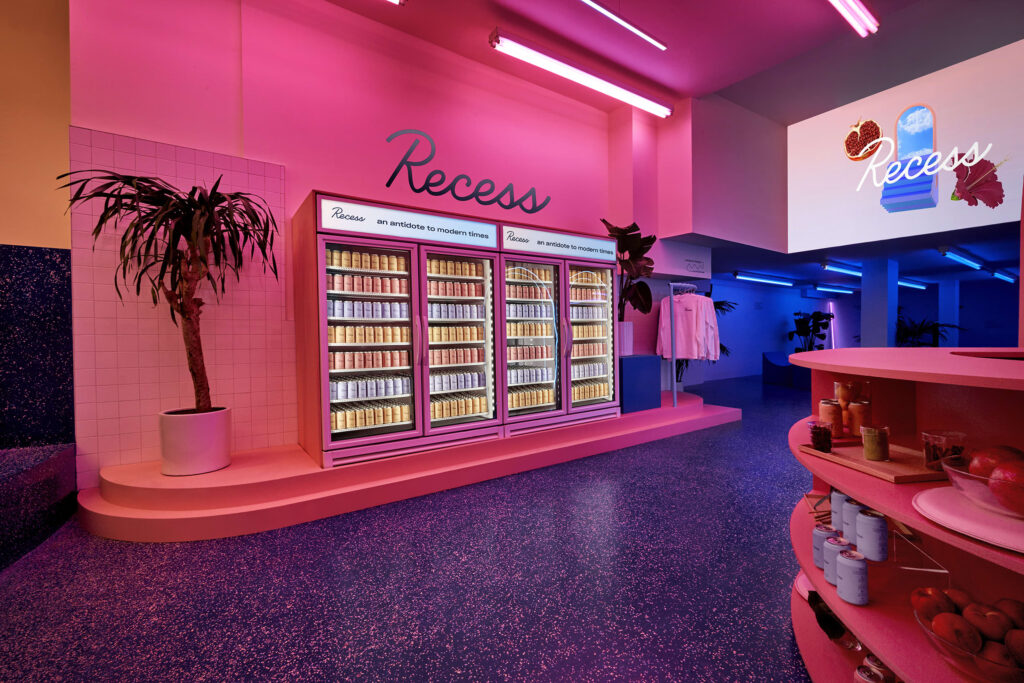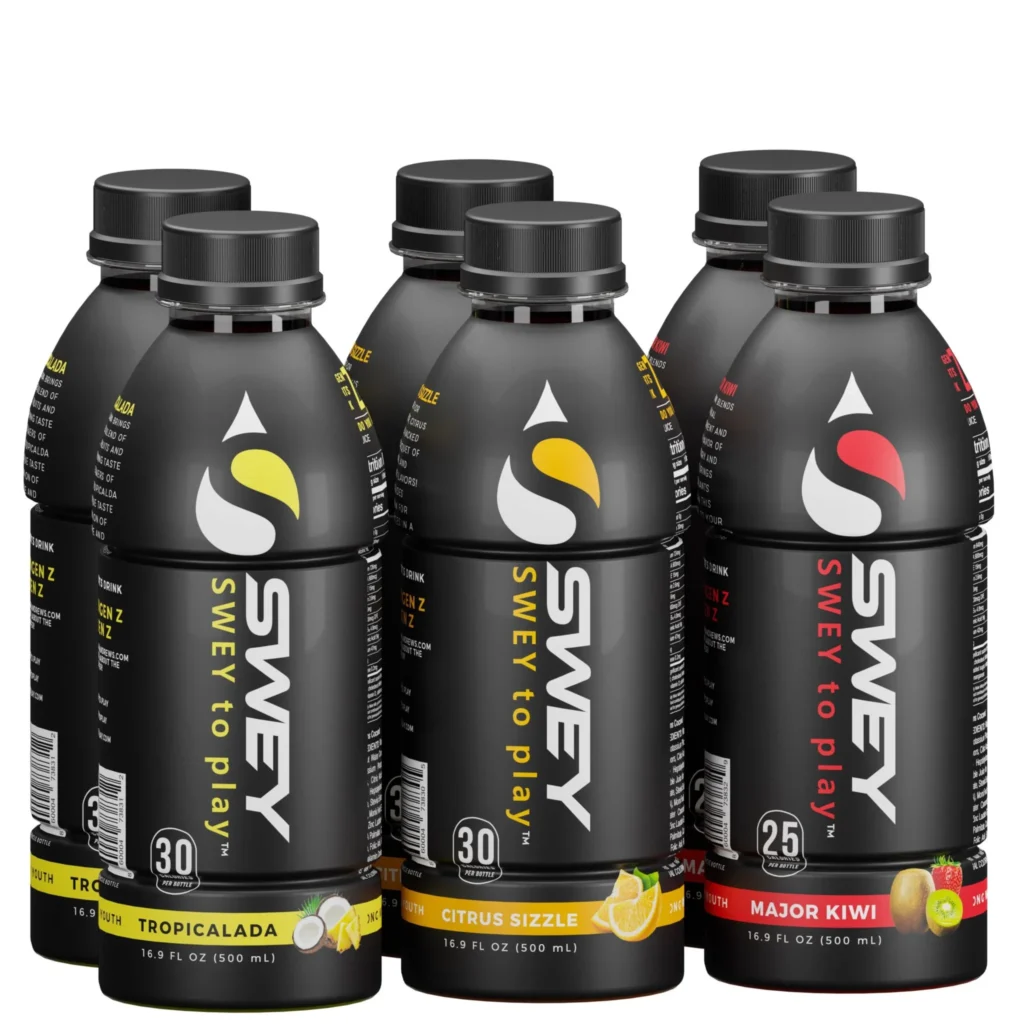
As part of our webinar series in collaboration with Branchfood, we brought together founders of emerging brands to discuss best practices for brands to successfully engage with buyers, boost conversions, and grow their presence to win in retail. Listen to the full webinar or find out more about Trax Dynamic Merchandising for emerging brands.
It’s easy to assume that once a product-market fit happens, then it is simply a matter of fanning the flame, stoking the demand and delivering more of what worked. Unfortunately, as any seasoned retail leader would share, what first gets you into the stores won’t necessarily keep you top of mind at the shelf. Here are 3 strategies that will help you develop an early retail strategy that can later evolve as your brand grows.


Be transparent and go to your customers

For The SWEY Corporation and its Gen-Z CEO and Founder Alana Andrews, scaling meant being as transparent as possible with the energy drink SWEY. Many marketed energy drinks are heavy on sugar and additives, which may have the opposite long-term effect of their health claims. Andrews felt that non-sugar, athlete-focused SWEY drink had to be honest about its contents, intention and branding, especially for younger consumers that could quickly deduce a false claim.
Appealing to its young demographic, SWEY launched on e-commerce as a D2C brand. After its initial success, the brand plans to go offline in 2022 with a focus on Philadelphia, Washington D.C. and Chicago – all cities with a high Gen-Z population. The emphasis isn’t just on indie stores and national chains, but also schools, independent gyms and other places where older skewing or legacy-based drinks may not acknowledge.
When emerging brands conscientiously plan a small but targeted initial launch strategy, they have a better chance of long-term success instead of trying to go too far too fast right at the beginning.
Give us some info so the right person can get back to you.